2020 Statement
The 27th New York African Film Festival
“Streaming Rivers: The Past into the Present”
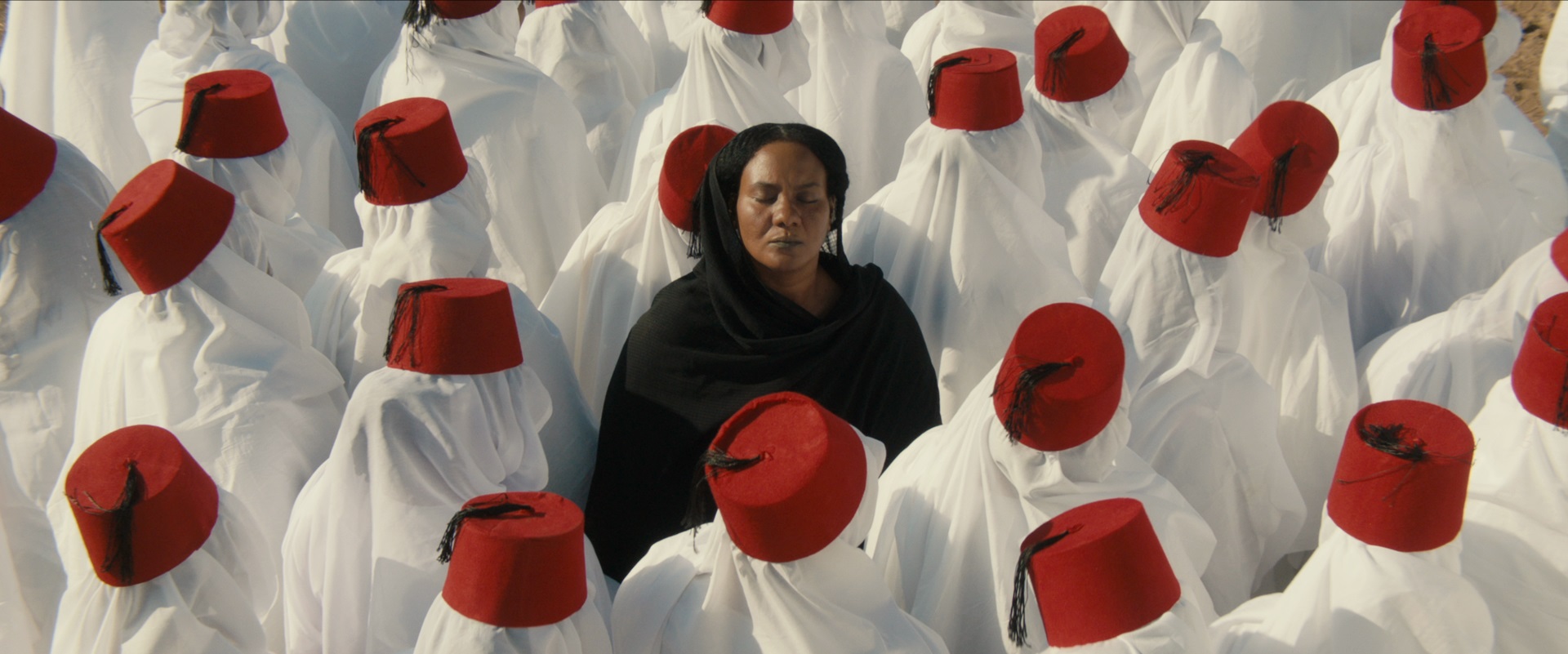
This year’s New York African Film Festival (NYAFF), returns virtually for its 27th edition. Presented by Film at Lincoln Center (FLC) and African Film Festival, Inc. (AFF), the regional NYAFF will screen six features and eight short films in the FLC Virtual Cinema, as AFF celebrates its 30th anniversary.
Under the banner “Streaming Rivers: The Past into the Present,” the festival spotlights the cinema of two nations, Nigeria and the Sudan. Viewing audiences will be transported to these two nations whose film industries were both disrupted in their nascency and which are now being revived, becoming influential and globally celebrated.
SUDAN
Sudan has one of the largest official cinema archives in Africa. Its production dates back to the early 20th century, and continued up until the late 1980s. Yet, despite this rich cinematic archive and its historical importance, artistic cinema remained an outcast in Sudan for a long time, attracting only a rebellious minority. Artistic projects already in the works were put on hold for decades. For 30 years, Sudan’s film industry was haunted by the dictatorship of Omar al-Bashir, a rule that only recently ended. Happily, Sudan’s film industry has been revived by an emerging crop of filmmakers, who are also dedicated to restoring the works of the veterans on whose shoulders they stand.

The 1970s and ’80s witnessed a rise in artistically and intellectually demanding cinematic voices. Despite restrictions by the state, curbs on freedom, and ongoing financial challenges, brilliant works were produced by independent filmmakers—among them Ibrahim Shaddad, two of whose works will be shown in our 27th NYAFF program. Those films by Shaddad are: Hunting Party (Jagdpartie), a student film made while he studied in Germany in 1964; and Human (Insan), a short experimental work with no dialogue. Both films explore themes of alienation and survival. Shaddad represents a unique school in the history of Sudanese cinema, and his works carry a personally authentic—and revolutionary—vision.
After the coup by al-Bashir in 1989, artistic cinema in Sudan became an increasingly foreign import. As feature films that were ready to be produced in that year were dropped (among them a film project by Shaddad titled, Crocodile), the 1970s generation in Sudan simply lost hope of establishing an independent cinema. Government policies led to the militarization of Sudanese society. An extremist social program was imposed, diminishing the culture of film-watching, which had been for decades previously the Sudanese people’s favorite evening distraction, even more so than football.
Today, the hope of a resurgent cinema has been sparked after three decades of gloom. Exciting new cinematic voices are rising from the rubble of Sudanese cinema and its worn-out equipment.
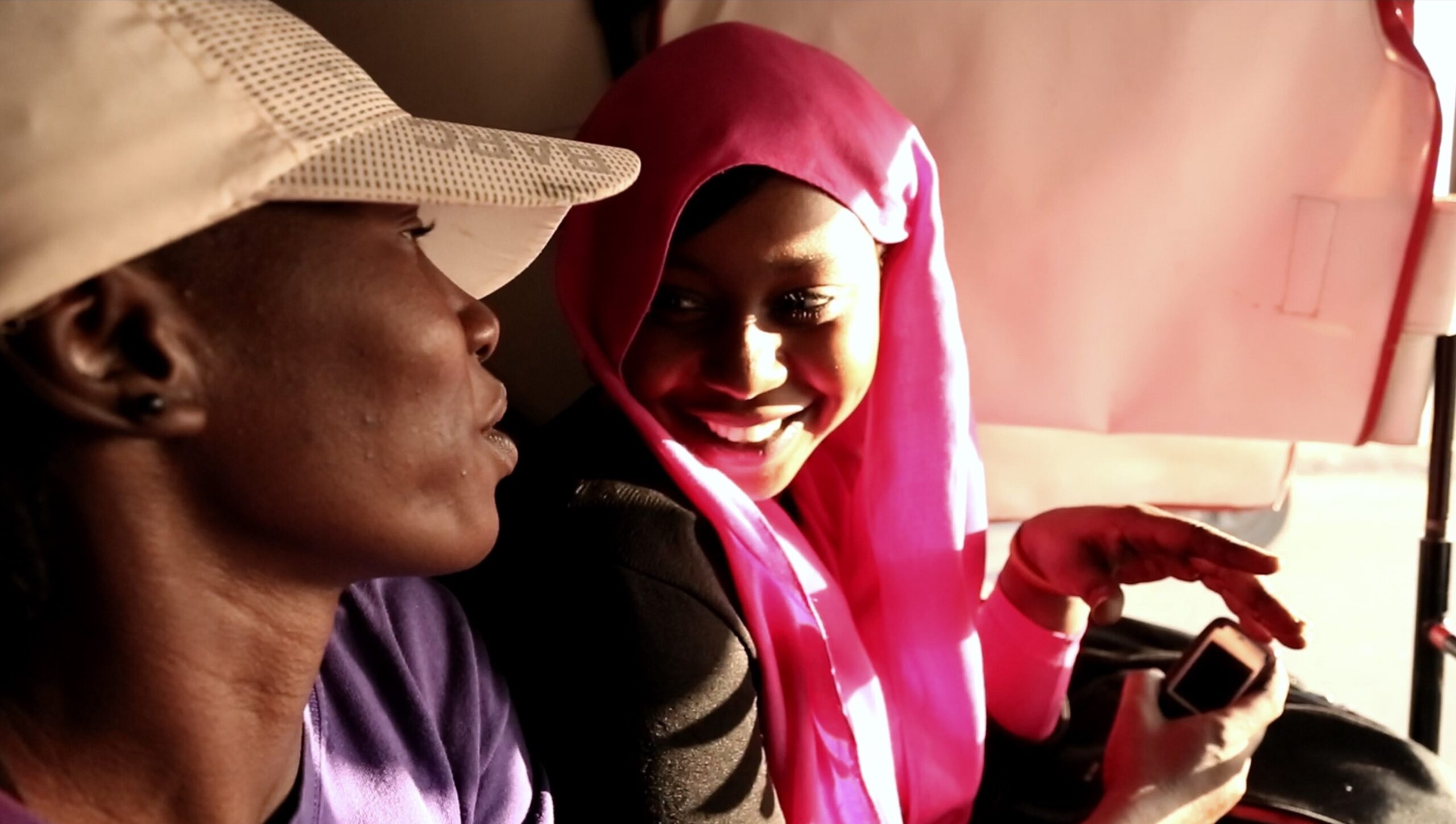
We introduce three features made by Sudanese filmmakers in this year’s festival program:
– Marwa Zein’s Khartoum Offside, follows a group of exceptional young women in Khartoum who are determined to play football professionally, in spite of the ban imposed by Sudan’s Islamist authorities;
– Suhaib Gasmelbari’s Talking About Trees, chronicling the efforts of four friends and filmmakers of the Sudanese Film Group to revive a defunct movie theater in the city of Omdurman in the face of censorship.
– Amjad Abu Alala’s You Will Die at 20, a riveting tale following a young man whose village’s holy man prophesied he would die on reaching his second decade.

These three films were all released during the year of the recent Sudanese revolution, 2018 – 2019. Each project has its own unique vision and challenges, yet all breathe hope into an artistic cinema that was, and is now powerfully carried forward by Shaddad and his generation, with bravery and creativity.
NIGERIA
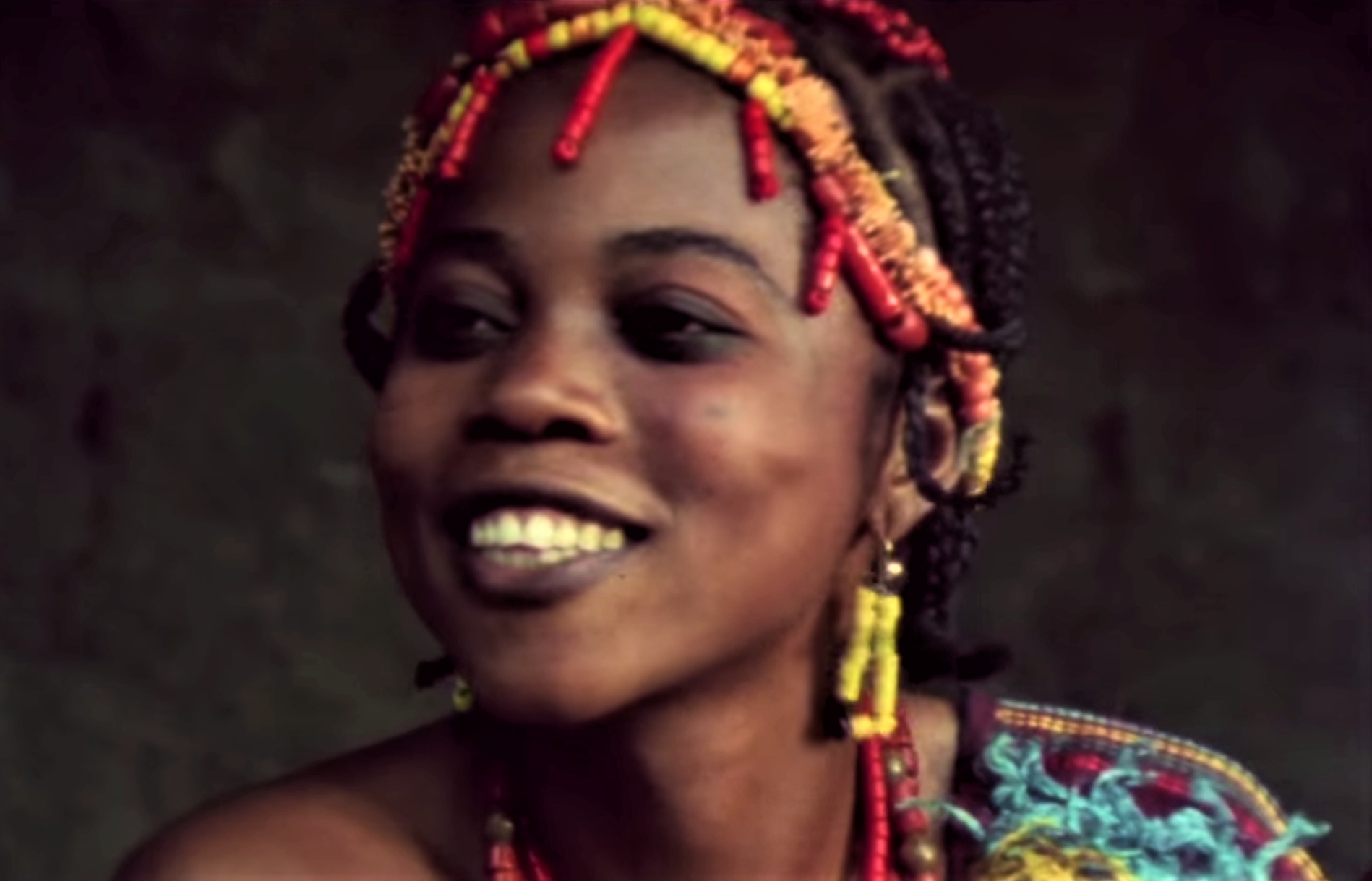
Nollywood—the popular name for Nigeria’s prolific film and video industry—has gained fame and notoriety over the past quarter-century for its ultra-low-budget films, which are popular across the African diaspora and beyond. But Nigerians have been producing films for much longer than that, close to the six decades their country has been an independent nation. The Nollywood period was preceded by a brief era, in the 1970s and early ’80s, of locally popular films shot on celluloid and featuring a host of indigenous arts and theater luminaries. A severe economic decline in the 1980s killed that nascent industry; remarkably, however, the ensuing period of recession triggered the resourcefulness and creativity that birthed Nollywood.
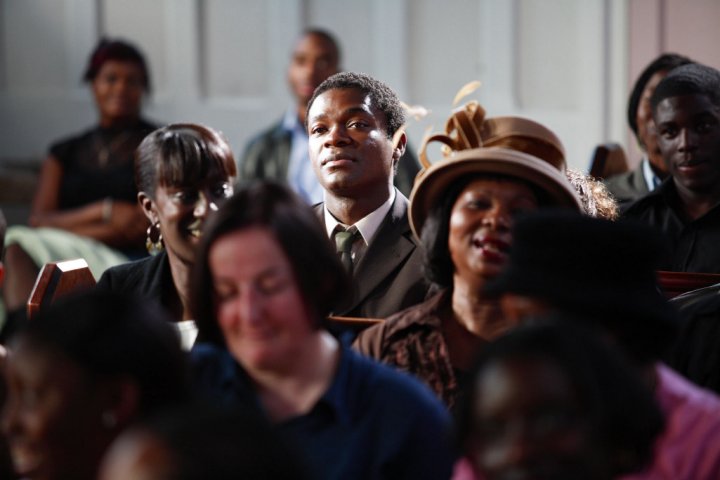
Today, Nigerian cinema has grown in size and scope, driven by the same digital technologies that are accelerating change in filmmaking worldwide. Genre movies and star vehicles continue to be produced on a commercial scale and with greater technical sophistication, and can now be found on streaming platforms, in addition to the more traditional theatrical, television, and home-video distribution channels. A parallel stream of arthouse films has also emerged, mostly created by younger filmmakers who are challenging the old aesthetic forms and expanding the ideas of what Nigerian cinema is and can be.
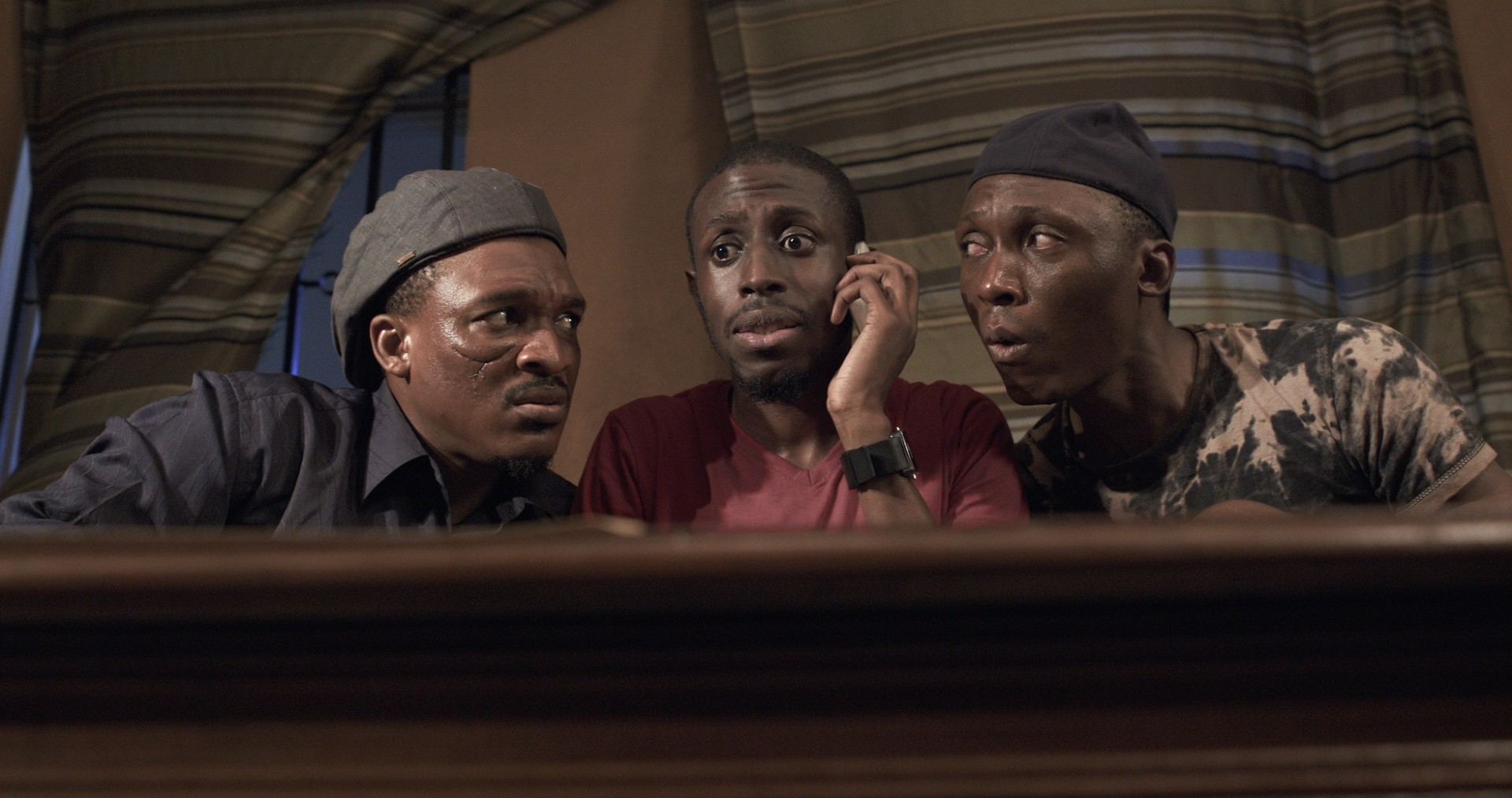
In this program, we present the work of one of the founding fathers who birthed Nollywood, and two other groundbreaking Nigerian filmmakers.
– Ade Love (Adeyemi Afolayan) may not have known it then, but he and a few of his artist compatriots were forming the framework of the nascent industry now called Nollywood. His seminal work Kadara has the melodramatic arcs that are the go-to tools for many contemporary Nollywood productions today.
– In the brilliant short Coffee Colored Children and tragicomic film Shoot the Messenger, Ngozi Onwurah informs us that introspection, though a lingering question, is a healing balm for people of color.
– Udoka Oyeka’s hilarious comedy Three Thieves draws our attention to certain cultural and social contradictions and finds us, the viewers, rooting for these three hapless thieves, who give the phrase “fish out of the water’’ a new meaning.
Shorts Program—Notes from Home
The Shorts Program is composed of works by filmmakers who are challenging the notion of home, space and where in the world Africa is. Taboo subjects are tackled within the realms of gender, sexuality, liberation, redefining the evolving phrase “tradition versus modernity” and from the point of view of younger generations.
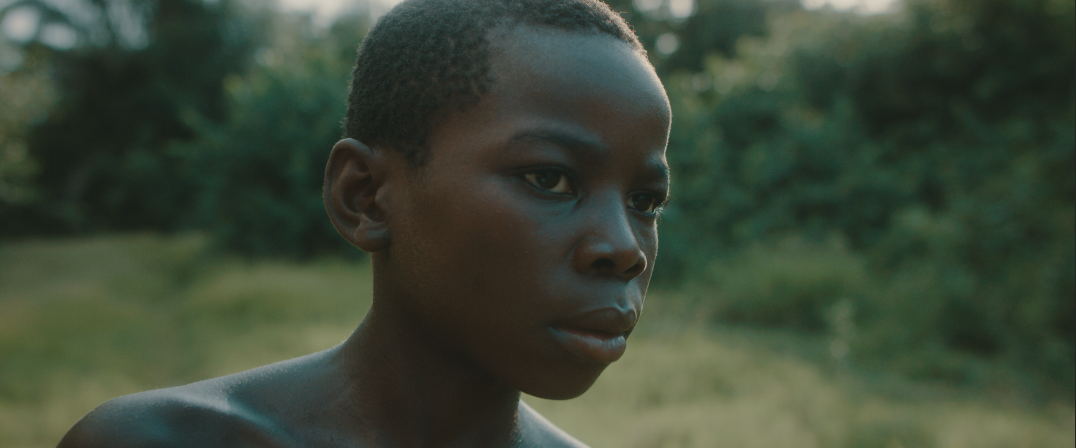
Confrontational and revelatory conversations take place within family structures in Marwa Zein’s A Game and in Love in Submission by Lande Yoosuf; while Ngozi Onwurah’s groundbreaking experimental short Coffee Colored Children and Olive Nwosu’s daring Troublemaker explore themes of inner turmoil around racism and unspoken histories, respectively, from the point of view of youth. Adé Sultan Sangodoyin’s A Cemetery of Doves speaks of young queer desire in a society where it is forbidden; and My Sister Sara by Sarra Idris pulls us into a conversation between siblings Amin Elhassan and Sara Elhassan, about the 2019 Sudanese revolution. The Elhassans were part of a small group of young Sudanese activists who worked tirelessly for months and kept the world informed, mobilized and connected.
The 27th New York African Film Festival was organized by Mahen Bonetti, Founder and Executive Director, African Film Festival, Inc. with Oluwadara Ojugbele, Colleen Ndemeh Fitzgerald and Françoise Bouffault in collaboration with Dennis Lim, Director of Programming, Film at Lincoln Center with Dan Sullivan, Erin Delaney and Matthew Bolish.
Thanks are due to the AFF Board of Directors, Zainab Aliyu, Melay Araya, Luca Bonetti, Tafadzwa Chiriga, Mansita Diawara, Jacki Fischer, Suhaib Gasmelbari, Shirine Gill, Sarra and Selma Idriss, Colombe Kela, Dora King, Ulli Maier, Utibe Mbagwu, Karen McMullen, Cornelius Moore, Seke Somolu, Alonzo Speight, Malika Lee Whitney, Cheryl Duncan & Company Inc. Public Relations, Kojo Associates and AFF’s volunteer team.

